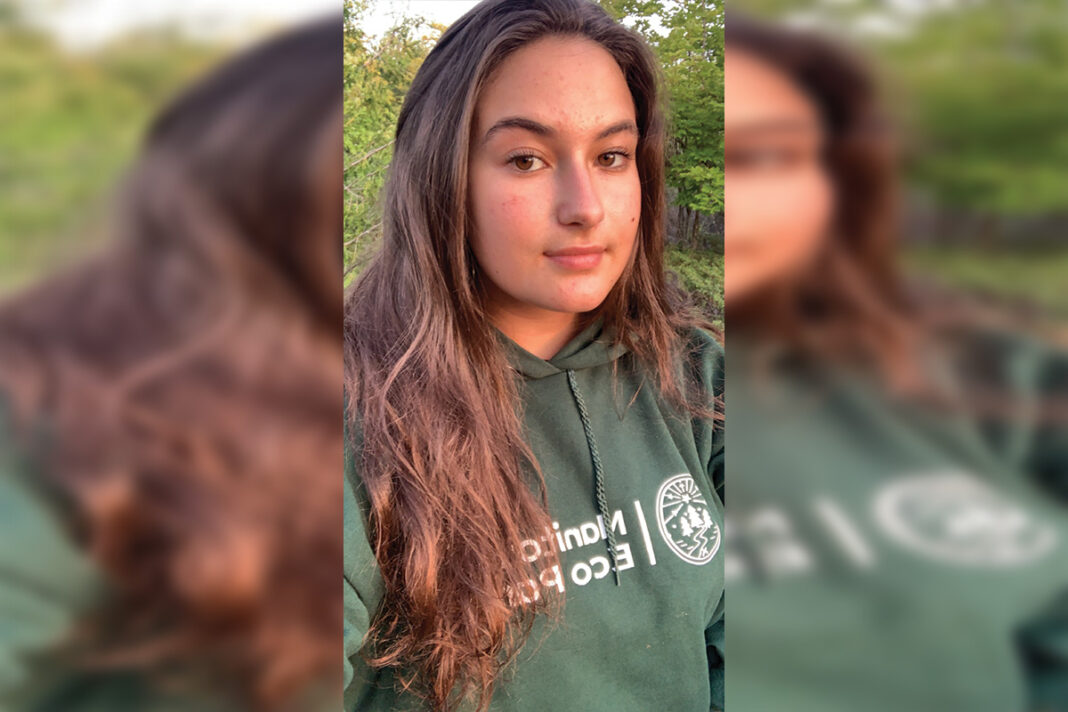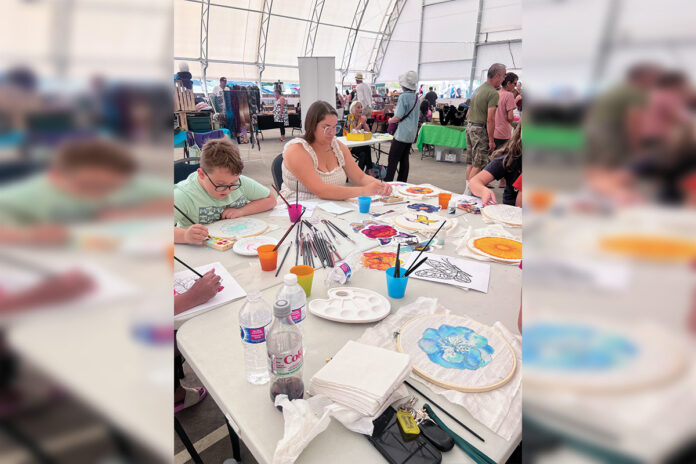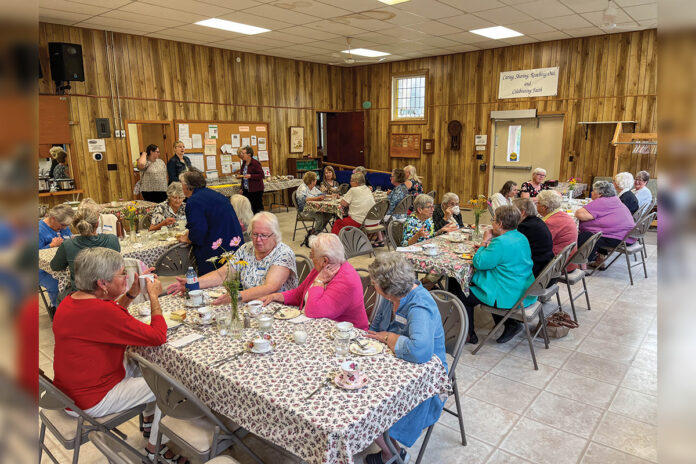HAMILTON—Jocelyn Kuntsi is no stranger to readers of The Expositor as this newspaper has chronicled her accomplishments over the years. This year the newspaper is proud to announce Ms. Kuntsi and a team of her colleagues built an application, ‘WheelBeats,’ which was awarded first place and the James Dyson Foundation Most Innovative Solution Award at the 2024 McMaster Engineering 1P13 Design showcase.
“It’s really, really exciting,” admitted Ms. Kuntsi when contacted by The Expositor following her win. The former Manitoulin Secondary School student has just finished her first year at the Hamilton university. She explained that the engineering program in which she is enrolled has a series of different design projects and WheelBeats was the last of those projects she and her team completed for the year.
Asked about the inspiration for the project, Ms. Kuntsi explained that, “Our client Tiffany, a concert lover with spina bifida (spina bifida is a condition that occurs when the spine and spinal cord don’t form properly most often leading to severe mobility issues) and hydrocephalus (an affliction that puts pressure on the brain), shared her frustration with the extensive planning required for concerts.”
“The process is made difficult due to the limited, often hidden and poorly presented accessible information available for venues,” Ms. Kuntsi noted. “Inadequate seating options have even forced Tiffany to use her phone camera to see the stage, hindering her experience. Music is universal, but enjoying it is not always accessible. Our team aims to simplify this process by providing a single platform where crucial accessibility information is easily accessible, allowing users to enjoy live events without barriers.”
Having an impairment disability makes event attendance stressful due to the lack of clear accessibility accommodations from venues, so WheelBeats tackles the issue by “consolidating and clarifying mobility access details” thereby removing those significant barriers.
WheelBeats does this by integrating accessibility into the event-planning process and thereby “empowering users to feel more in control of their experiences.” To make that happen, the app provides “detailed, user-friendly accessibility information about event venues in Ontario, sourced from venue websites and direct communication with venues to ensure comprehensive coverage.”
Ms. Kuntsi notes that only three percent of the internet is fully accessible, so WheelBeats structures a database and presents the resulting information using accessible web standards.
Using the app, individuals can search for specific venues, browse all available venues, or view real-time updates on upcoming events extracted from Ticketmaster.
“By incorporating accessibility data from the outset, we reduce the stress of accessibility concerns and enhance user enjoyment,” she adds. “Our platform also supports form-based user feedback, fostering a continuously improving database. This approach ensures that accessibility is not an afterthought but a fundamental part of the event experience. Individuals can currently use accessibility information available on venue websites; however, these are often hard to navigate, outdated, and unclear, making event attendance discouraging.”
What makes the team’s win even more gratifying is that it comes from a group of students just entering their post-secondary journey. “We are all first-year engineering students,” she said. Winning projects in the 2024 McMaster Engineering 1P13 Design showcase are usually in the upper years of the program.
That, and as Ms. Kuntsi notes, it is gratifying to be able to use the engineering and design skills she is learning to improve someone’s life.
The journey for WheelBeats is far from over. As a runner-up they go on as finalists in the James Dyson Foundation competition and the team has realized that the app they have developed can be expanded to assist others in a wide range of ways.
The WheelBeats team included Maria Akhtar, Ms. Kuntsi, Cate Prince and Shayaha Jeyaseelan.





